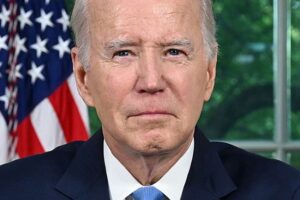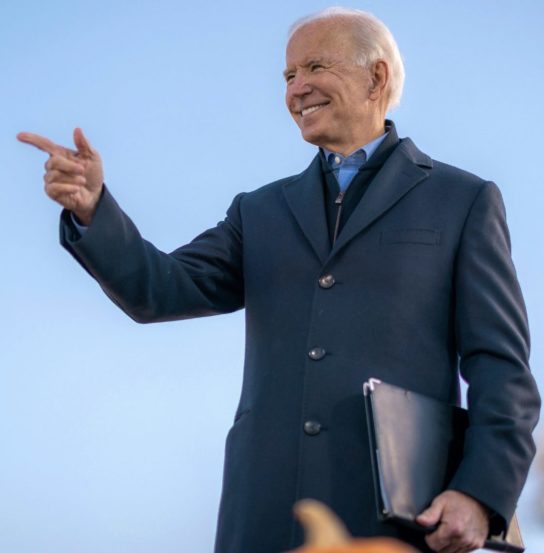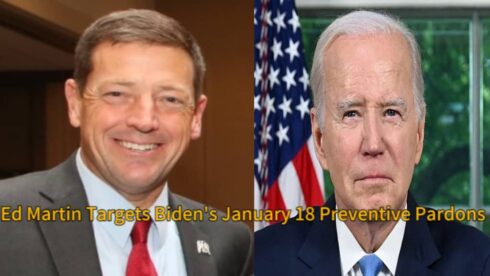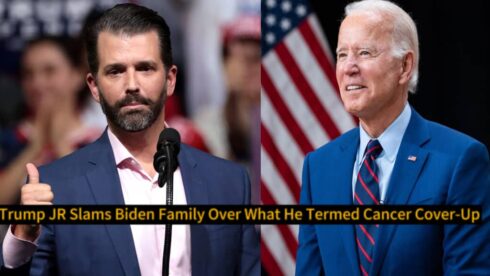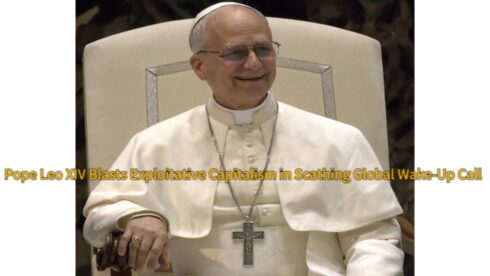President Joe Biden is reportedly exploring an unprecedented strategy of issuing pre-emptive pardons to prominent critics of former President Donald Trump, signaling deep concerns about potential political retribution. Multiple sources familiar with White House discussions have revealed that senior aides are contemplating this extraordinary measure, which would provide legal protection to individuals who have been vocal opponents of Trump’s administration. The discussions come amid growing tensions and explicit threats of revenge from Trump and his allies.
The potential pardons are not merely a defensive maneuver but also a complex political calculation. While no specific names have been formally recommended, sources suggest that key figures like Dr. Anthony Fauci, who was critical of Trump’s COVID-19 response, and Senator-elect Adam Schiff, who led the first impeachment effort against Trump, could be among those considered. This strategy reflects the ongoing political polarization and the unprecedented nature of post-presidential political dynamics in the United States.
Controversial Precedents and Legal Implications
The consideration of pre-emptive pardons follows Biden’s recent and controversial unconditional pardon of his son Hunter, who was facing federal felony gun and tax convictions. This move has drawn criticism from both Republicans and some Democrats, raising questions about the presidential pardon power’s scope and ethical boundaries. The potential pre-emptive pardons would represent another extraordinary use of executive clemency, potentially setting a new precedent in American political history.
Legal experts and political commentators are divided on the wisdom and implications of such President Biden pardons. While some argue that these measures could prevent potential politically motivated prosecutions, others, including Adam Schiff himself, believe they are unnecessary and could be perceived as defensive. Schiff has publicly stated that he believes the judicial system is robust enough to withstand potential threats and has urged the president Biden against implementing such pardons.
Threats of Retribution and Political Intimidation
The backdrop of these potential pardons involves explicit threats of retribution from Trump’s inner circle. Kash Patel, Trump’s nominee for FBI director, has publicly declared intentions to “come after” politicians and media members he alleges were involved in undermining the 2020 election results. His statement, “We’re going to come after you, whether it’s criminally or civilly,” has heightened concerns about potential political persecution.
Democratic Congressman Brendan Boyle has suggested that Biden should issue blanket pardons to those on what he describes as Trump’s “enemies list.” This recommendation underscores the deep political divisions and the perceived risk of systematic targeting of Trump’s political opponents. The potential pardons are seen not just as legal protection but as a statement about preserving democratic norms and preventing potential political vendetta.
Broader Context and Future Implications
Beyond the specific individuals potentially involved, these discussions reveal the fragile state of political discourse in the United States. The consideration of pre-emptive pardons highlights the extraordinary level of political tension and the fear of targeted retaliation that has emerged in recent years. White House Press Secretary Karine Jean-Pierre has acknowledged that more pardons could be expected before the end of Biden’s term, though specific details remain unclear.
The potential President Biden; pardons are not limited to political figures. Traditional presidential pardons are also being considered for nonviolent drug offenders and individuals who have served time for various offenses. This broader approach suggests that while the political pardons are getting significant attention, they are part of a more comprehensive approach to executive clemency. As the situation continues to evolve, these decisions will likely be closely scrutinized by legal experts, political analysts, and the American public.
Trump’s Retaliatory Threats Raise Concerns
Trump’s recent rhetoric has further fueled the debate. His nominee for FBI director, Kash Patel, has publicly vowed to target those he accuses of undermining him during his presidency. Patel’s statements, which include threats of criminal or civil action against media figures and politicians, have alarmed many within the Democratic Party.
Democratic Congressman Brendan Boyle has urged Biden to issue blanket pardons to individuals targeted by what he describes as Trump’s “enemies list.” In a pointed critique, Boyle stated, “By choosing Kash Patel as his FBI Director, Trump has made it clear that he is more focused on settling personal scores than on protecting the American people or upholding the rule of law.” As Biden weighs his options, the country remains divided on how to navigate the complex interplay of justice, politics, and presidential power.




